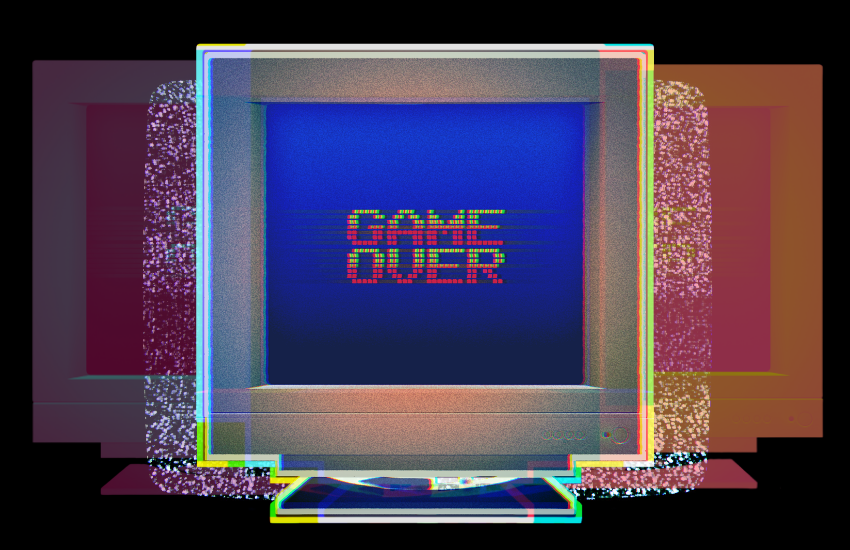Blizzard president steps down following discrimination lawsuit
An announcement posted to the Activision Blizzard website says that Jen Oneal, former lead of Vicarious Visions, and Mike Ybarra, a former Xbox exec, will "co-lead Blizzard moving forward."








